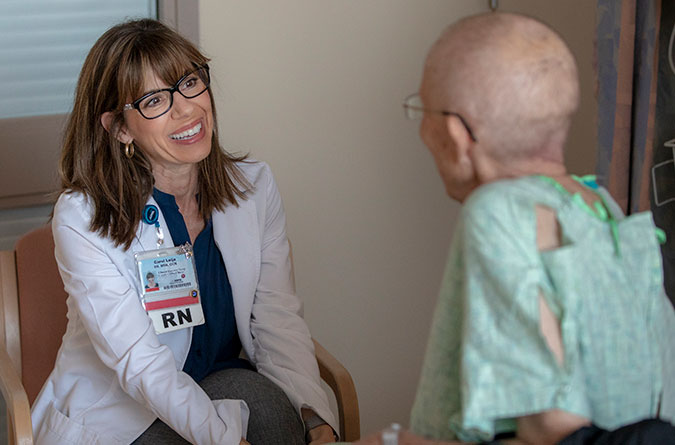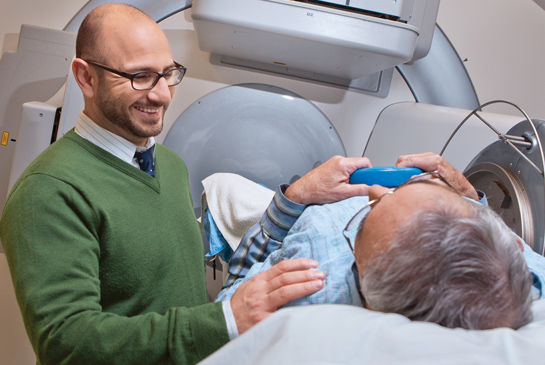Clinical Trials
Learn about Phase I Clinical Trials

Purpose: Phase I trials involve the first time a new treatment is tested in humans. They focus on finding the safe dosage and looking for early signs of whether the treatment works.
Process: Researchers start with very low doses (lower than those used in animals) and slowly increase them while closely watching for side effects.
After Dose is Determined: More patients are enrolled to see how well the treatment fights the cancer.
Phase I clinical trials are early-phase study treatments and may involve drug agents not yet available commercially or approved by the FDA. They may also be drugs given in a new way or combined with other drugs.
Phase I clinical trials are often only for patients with advanced cancers that have spread throughout the body. Historically, they enroll people who have exhausted all known standard treatments for their disease. With the development of better tolerated targeted biological therapy, people may be eligible for any phase of a study at any point in their treatment.
The truly investigational portions of the treatment are paid for by the study funding and conducting the clinical trial at UC Davis Comprehensive Cancer Center. However, certain tests, procedures or drugs given during the study period that are considered routine care will be billed to the patient’s insurance provider. Some insurance providers will require that these routine care items be handled by or through a referring oncologist, assuming the oncologist is not the physician investigator for the study.
You do not have to change your cancer doctor to enroll into a clinical trial at UC Davis Health. However, all study-related treatment must be given at the UC Davis Comprehensive Cancer Center. In many cases, care must be coordinated between UC Davis Health and your referring oncologist's office throughout the study period due to insurance requirements. All your care will resume with your referring oncologist once the study treatment is completed.
During a scheduled appointment in the Phase I clinic, the oncologist will explain the clinical trial that you might be eligible for and inform you of possible risks, benefits, the treatment, and your rights regarding clinical research participation. After a thorough explanation, you will be asked if you consent to participate in the study and, if you agree, to sign a consent form. You will likely meet the study coordinator responsible for the study at that time.
From there, the study coordinator will arrange for screening procedures such as tests and scans to confirm your eligibility. Only then can you be enrolled on the clinical trial. At that point, an authorization coordinator will assist the study coordinator in developing a treatment plan calendar detailing where and when the tests or procedures will be performed.

Contact Information for Clinical Trials
All cancer clinical trials, including Phase I: 916-382-6970 or ocrreferral@ucdavis.edu


